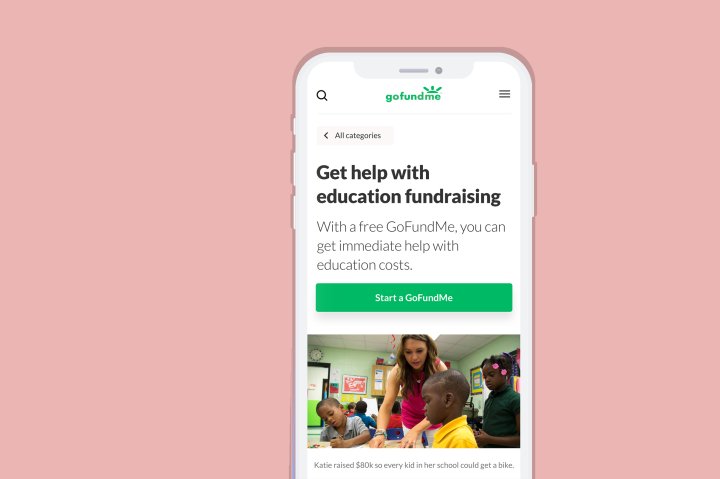The long-cherished idea of chipping in for a common cause has taken on new relevance thanks to GoFundMe, a “social fundraising” platform that lets individual donors pool their resources immediately when a need arises. Particularly in the aftermath of crises that can leave people feeling helpless, GoFundMe has provided a means to take action. This year, examples have ranged from aiding the victims of the mass shooting in Parkland, Fla., to bolstering a broader movement to fight sexual assault. The celebrity-backed Time’s Up organization raised more than $22 million on the platform, from more than 20,000 donors, to help pay legal fees for sexual harassment victims. In all, since its 2010 launch, GoFundMe has facilitated more than $5 billion in giving from 50 million people. Amid the altruism, fraudsters have occasionally cropped up (in August, a homeless man accused a couple of mishandling much of $400,000 raised for his benefit). But the company, which provides a guarantee that money will go where it is supposed to, has emphasized that such instances are rare. In the past, GoFundMe took a 5% cut to cover costs of running the platform. Last year, the for-profit outfit switched to a new approach, asking for voluntary “tips” instead, effectively putting the company’s own fate in the hands of what CEO Rob Solomon likes to call “the giving layer of the Internet.” —Katy Steinmetz
TIME may receive compensation for some links to products and services on this website. Offers may be subject to change without notice.
